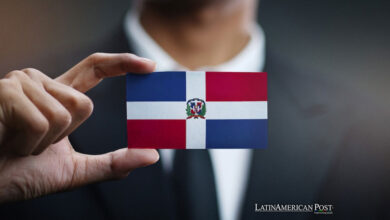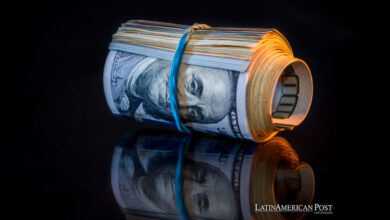Fliflopi arrived in Zanzibar: this is the next step
Listen this article
The boat made entirely of marine garbage completed its first expedition on the African island. Whats Next?

The UN reported that after navigating 500 kilometers, the Flipflopi arrived on Zanzibar Island. The expedition of Clean Seas, which began on January 24th, sailing from Lamu and ending on February 7, is a sample of the innovation and the use of waste.
Leer en español: Fliflopi llegó a Zanzíbar: este es el siguiente paso
This boat, led by Captain Ali Skanda, is made entirely of marine garbage and recycled plastic sandals. The material was collected on the beaches of Kenya and aims to raise awareness about marine pollution.
During its tour, according to information on the official website, the vessel stopped in different communities in order to share solutions and strategies for the care of the environment. The creator and co-founder of the project, Ben Morrison, said he felt overwhelmed by the level of engagement. The reception from school children to local, regional and national government has been nothing short of incredible. This historic world first expedition really has started to turn the tide on plastic.”
For his part, the second vice president of the African island, Ali Iddi, declared that " Zanzibar is committed to the fight against plastic pollution and will continue to work closely with all its citizens to find solutions to our ever-evolving environmental challenges."
Read also: Climate Change will change the color of the oceans
What's next after the first expedition?
Completing this first journey is the demonstration that when a crisis becomes an opportunity, innovative ideas are essential to establish effective solutions. According to the UN, Flipflopi will return to Nairobi, Kenya, where the fourth United Nations Assembly for the Environment will take place.
There, leaders from around the world will meet to discuss issues of great importance at the environmental level and try to find solutions that can change the current course of the planet. The next step is to expose this initiative and replicate it in more populations. In this way, the project will generate more awareness in the population. Additionally, to the extent that the project becomes known and grows, a greater number of marine garbage will be used.
It may interest you: 'Do not bring lethal weapons to the oceans'
It should be noted that the project must maintain two clear lines. On the one hand, although marine litter can be used for this type of innovation, this does not mean that citizens and companies must continue to produce waste. On the other hand, the use of waste should be considered as an economic and environmental solution. The initiative can become a generator of green jobs and boost the economies where it is implemented.
LatinAmerican Post | Marcela Peñaloza
Translated from "Flipflopi llegó a Zanzíbar: este es el siguiente paso"



